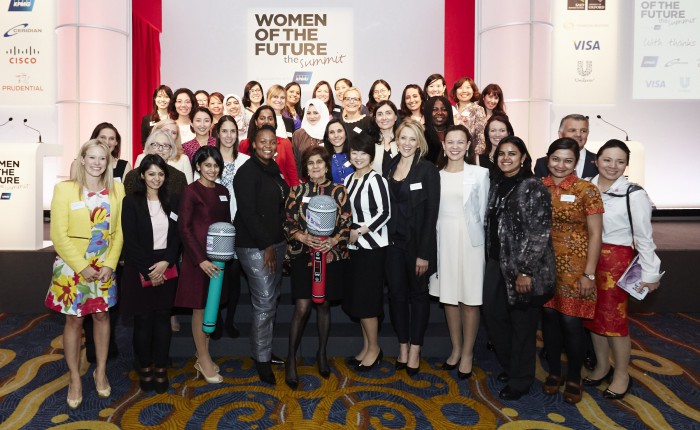I attended the United Nations General Assembly this year and was struck by the breadth of events designed to promote and protect women’s rights. There were celebrations to mark 20 years since the adoption of the Beijing Declaration and Platform for Action, the best international blueprint for realising women’s rights. We also reaffirmed our commitment to women’s participation in resolving and preventing conflict, marking 15 years since the adoption of the first UN Security Council resolution on women, peace and security. Finally, calls are being made for a woman to head-up the world’s most important organisation as the UN marks its 70th Birthday.
The question is how to translate these words and political will into action? How to seize the momentum created by anniversaries, declarations and initiatives which have been the mark of 2015? How to ensure agreements at the international system deliver for women at the community, national and regional level?
The new sustainable development goals, which include a specific gender goal, are an important step forward. They provide concrete targets, such as ensuring women’s full and effective participation and equal opportunities for leadership at all levels of decision-making in political, economic and public life by 2030. In addition, they call for ending all forms of discrimination against all women and girls everywhere and call upon countries to adopt and strengthen policies and enforceable legislation to promote gender equality. These goals can help hold the international community to account on our commitments.
However, women around the world still remain under-represented at most levels of government and in senior positions within the private sector. Although women now hold 23.5% of FTSE100 directorships, up from 22.8% in 2014, women account for just 8.6% of all executive roles in FTSE100 companies. No FTSE100 company has achieved gender parity in the boardroom, although Diageo Inc and Intercontinental Hotel Group have gotten closest with 45.5% each. 59 FTSE100 companies are below the UK Government’s own 25% benchmark. 12 FTSE100 companies have just one woman.
This cannot continue to happen. We need full participation in order to shape equitable, stable and prosperous societies. Therefore, we need to focus on women’s participation and leadership as a matter of urgency.
This is why I fully support the Women of the Future Summit and associated events taking place in London and at Wilton Park during the Week of Women from 26 – 29 October. I am delighted that our Embassies and High Commissions around the world have identified future women leaders to take part in these events.
We will work with them while they are in London to better understand the barriers they face to their participation in political and economic life. We intend to stand by them after the Week of Women by providing political and technical support as they fight to attain their rights, achieve their potential and promote wider equality in their countries.
It’s time for more than words. It’s time for more women to become political and economic champions, from the community to the national level, and ultimately become global leaders – as is their right.

